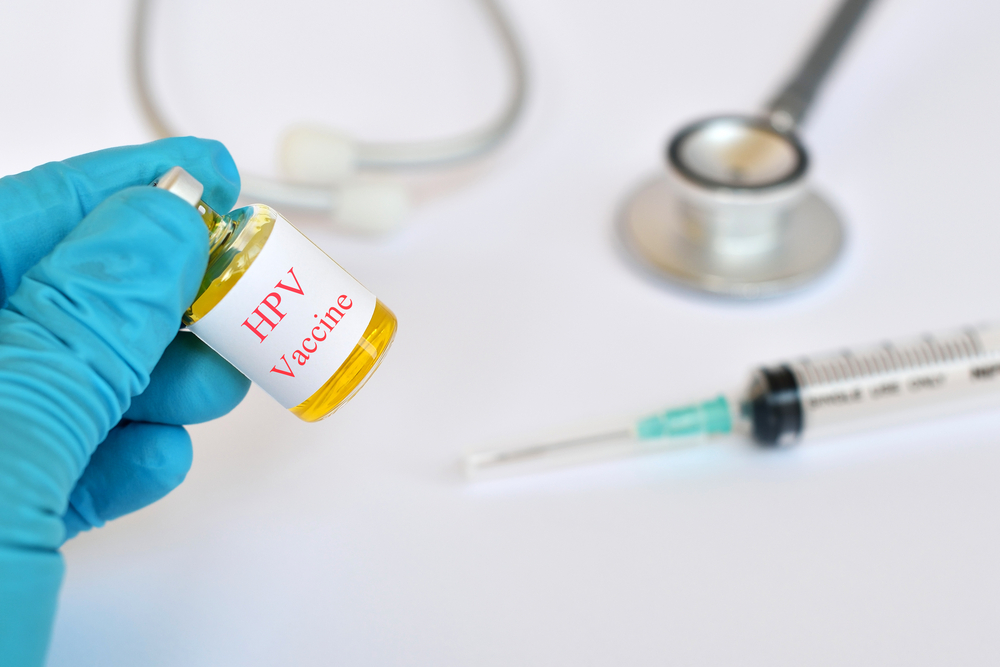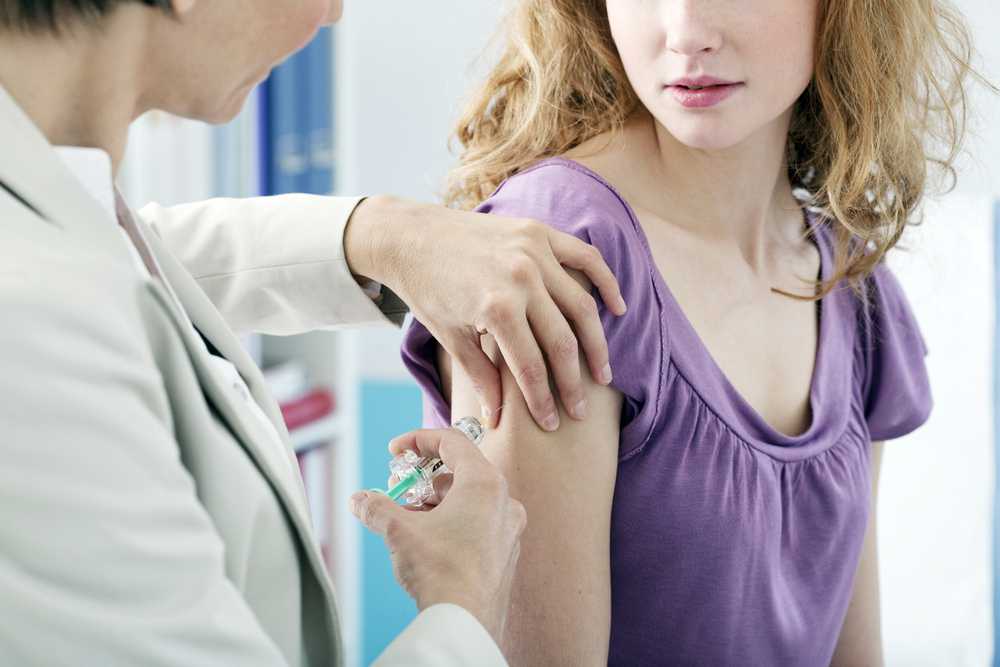
Who is at risk for cervical cancer?
The Philippines has a population of about 34 million women ages 15 years and older. All of them are at risk of developing cervical cancer. According to the
Institut Català d’Oncologia HPV Information Centre, about 7,000 Filipino women are diagnosed with cervical cancer every year and almost 3,000 die from the disease.
Cervical cancer is the second most frequent cancer among women in the Philippines and the second most common cancer among Filipino women between 15 and 44 years of age.
What causes cervical cancer?
Virtually all cases of cervical cancer are caused by the human papillomavirus (HPV); two HPV types, 16 and 18, are responsible for about 70 percent of all cervical cancer cases, according to the U.S. National Cancer Institute.
How does one get HPV infection?
HPV is easily spread through direct sexual contact. HPV infection is one of the most common sexually transmitted infections.
Who is at risk for HPV infection?
Anyone who has ever been sexually active (i.e., engaged in skin-to-skin sexual conduct, including vaginal, anal, or oral sex) can get HPV. HPV infection is more likely in those with multiple sex partners or who have sex with someone who has had many partners. Because the infection is so common, most people get HPV infection shortly after becoming sexually active for the first time. A person who has had only one partner can get HPV.
Can HPV infection be prevented?
People who are not sexually active almost never develop genital HPV infection. HPV vaccination before sexual activity can reduce the risk of infection by the HPV types targeted by the vaccine.
There are currently two approved vaccines to prevent HPV infection. These vaccines provide strong protection against new HPV infection.
How do HPV vaccines work?
Like other immunizations that guard against viral infections, HPV vaccines stimulate the body to produce antibodies that, in future encounters with HPV, bind to the virus and prevent it from infecting cells.
HPV vaccination is highly effective in preventing HPV infection, and provides protection for at least eight years.
Who should get HPV vaccination?
Both currently available HPV vaccines are proven to be effective only if given before infection with HPV. Therefore, experts recommend that HPV vaccination be given before a girl becomes sexually active—ideally at age 11 or 12 years (the vaccination series can be started beginning at age 9 years).
HPV vaccination should also be given to females aged 13 through 26 years who have not been vaccinated previously or who have not completed the three-dose vaccination series.
Females with moderate or severe illness should wait until they recover before getting HPV vaccination. HPV vaccination is not recommended for pregnant women.
How is the HPV vaccine given?
The HPV vaccine is given in three shots. The second shot is given 1 or 2 months after the first shot. Then a third shot is given 6 months after the first shot. Experts recommend receiving the full HPV vaccine series to get maximum protection from HPV infection.
Does HPV vaccination have any side effects?
Like any immunization, HPV vaccination may cause several mild problems. These include pain, itching, redness and swelling at injection site; and mild to moderate fever.
Why is HPV vaccination important?

Widespread HPV vaccination has the potential to significantly reduce cervical cancer incidence around the world—thereby saving millions of lives. It can also reduce the need for medical care, biopsies, and invasive procedures associated with follow-up from abnormal cervical screening, thus helping to reduce healthcare costs and anxieties related to follow-up procedures.
For more information click here.
– Eric Michael Santos, Medical Observer
Cerebrovascular diseases, which include stroke or brain attack, are the third leading cause of death in the country in 2022 […]
Blood pressure (BP) is the pressure exerted by the blood as it pushes against the walls of our arteries, which […]
Overweight and obesity are defined as abnormal or excessive fat accumulation that presents a risk to health. A body mass […]